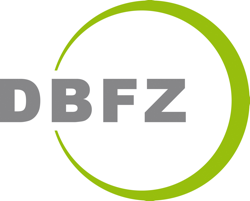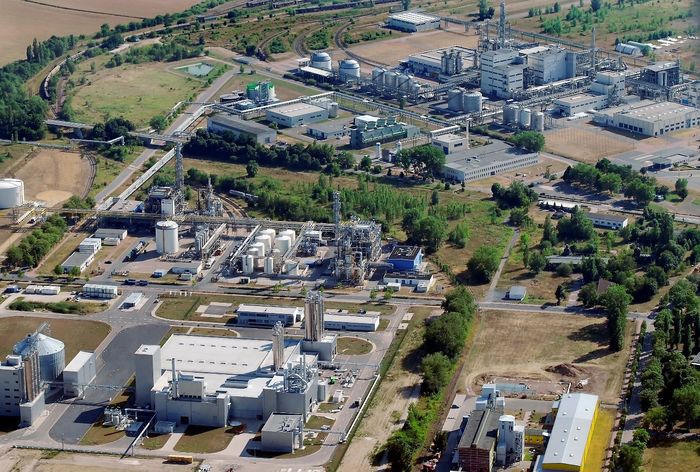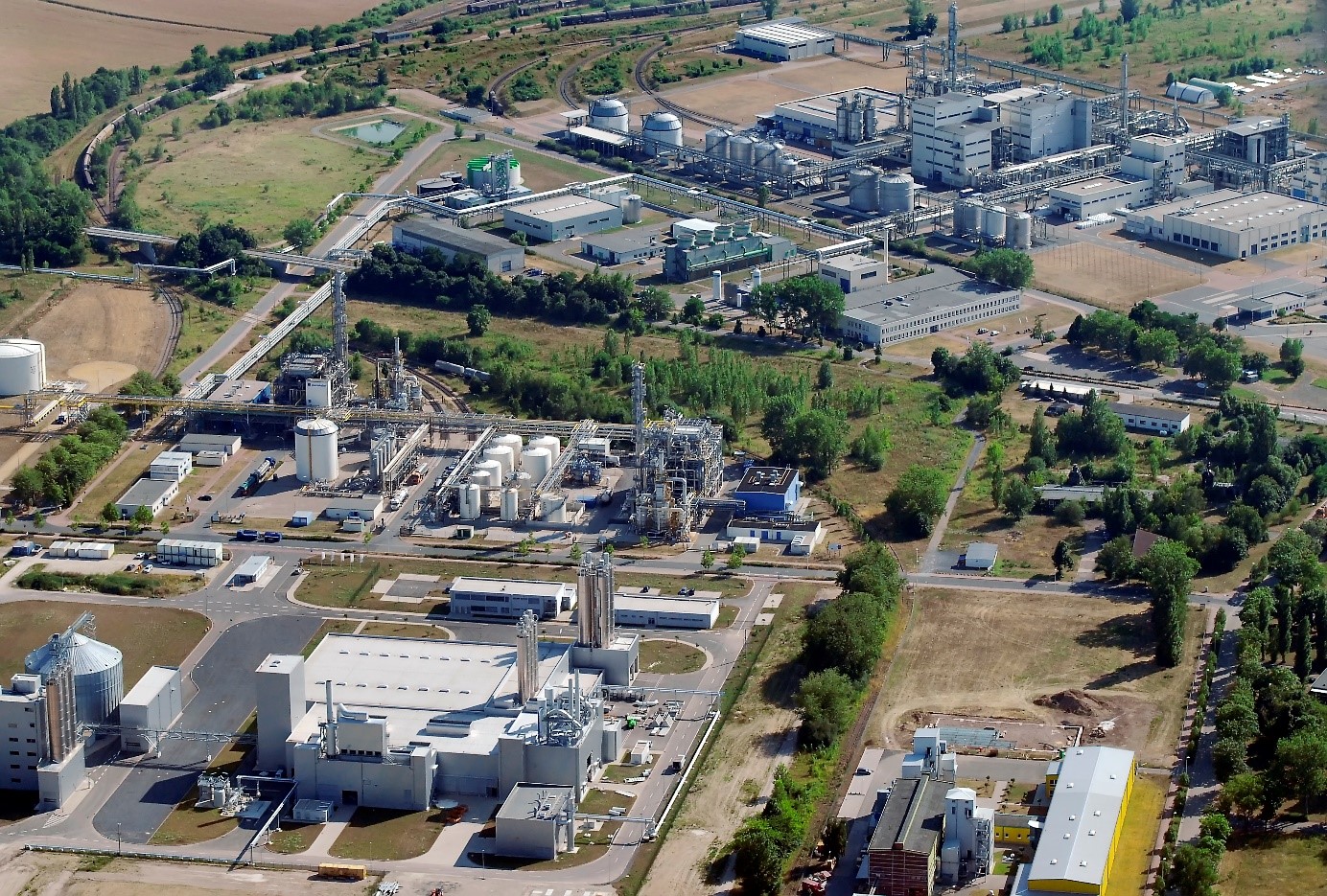Joint project: "PülpeGas" develops pilot plant for the full utilisation of wheat pulp at Zeitz Chemical and Industrial Park
Energy-intensive industry can achieve great added value and efficiency gains through synergies in chemical parks. However, bioenergy plants have so far rarely been directly integrated into continuous processes in the industrial environment. In the joint project "Pülpegas" (FKZ: 03EI5442), funded by the Federal Ministry for Economic Affairs and Climate Action, this problem area is to be addressed by developing and demonstrating wheat pulp mono-fermentation on an industrial scale and by developing and implementing an innovative industrial biogas plant with a capacity of up to 60GWh/year at the Zeitz site in the long term.
The choice and location of manufacturing chemical companies is determined in particular by their efficient energy supply. In this context, energy-intensive industry can achieve great depths of added value and efficiency gains through synergies. However, for an equivalent implementation in the area of renewable raw materials and residues (biorefineries), there is still a lack of suitable technologies and detailed knowledge that would make deep integration possible in the first place. In the Zeitz Green Chemical and Industrial Park, the integration of wheat pulp, a by-product of starch production, for the production of biomethane is intended to achieve additional synergies and a greater depth of value creation.
Wheat pulp is a water-containing by-product of starch production from wheat that occurs in varying concentrations (10-15 % dry matter) and is mainly recycled as feed, e.g. in pig fattening or salmon farming. In the joint project "PülpeGas", which is being worked on by Infra-Zeitz Servicegesellschaft mbH and the DBFZ in cooperation with the Max Rubner Institute (MRI), a reference biogas plant is to be created for the complete material and energetic utilisation of the residual material wheat pulp on the basis of industrially relevant test results. In addition, approx. 11,000t/a of CO2 can be extracted from the biogas produced as a basic chemical for further use. Further project goals are the quantification of the CO2 reduction by avoiding transport, the integration of the process into continuous production processes, research into the usability of further pulp components (in this case dietary fibres as a nutritional supplement) as well as the increase of the own energy supply at the Zeitz site.
The CO2-neutral energy generated in the pilot plant will be made available indirectly to the companies located in the Zeitz Chemical and Industrial Park via the supply services in the area of cooling water and fully desalinated water. According to estimates, the share of renewable energies in the final energy consumption (40 GWh/a on average) of the Zeitz Industrial Park could increase from currently <20 % to 100 % with the project, and greenhouse gas emissions would be reduced by 90 % or by 12-15,000 t/CO2. The project thus makes an above-average contribution to reducing primary energy consumption and increasing the share of bioenergy at the site, in line with the National Energy and Climate Plan.
The scientific cooperation with the project partner DBFZ serves to optimise the process and close knowledge gaps in the fermentation of wheat pulp on an industrial scale. To this end, the DBFZ is conducting practical trials on various scales. On the one hand, these are laboratory tests to identify the suitable process temperature, and on the other hand, the planning principles for the implementation of the industrial biogas plant are being researched within the framework of tests at the DBFZ's research biogas plant.
From lignite to green chemistry
The Zeitz Chemical and Industrial Park is an open industrial park in the south of Saxony-Anhalt that is geared towards the chemical industry. The resident companies are predominantly medium-sized, owner-managed firms with a focus on "sustainable chemistry". The operator and site developer of the approx. 232 ha site is Infra-Zeitz Servicegesellschaft mbH. Until 2020, more than 120 million euros have been invested in the redevelopment, expansion and new construction of industrial infrastructure facilities. The medium-sized structure appeals primarily to national and international, owner-managed, medium-sized companies. The park is increasingly oriented towards sustainability, the "circular economy", "green chemistry" and the bioeconomy - www.industriepark-zeitz.de
Smart Bioenergy – innovations for a sustainable future
The DBFZ works as a central and independent thinker in the field of energy and material use of biomass on the question of how the limited available biomass resources can contribute to the existing and future energy system with sustainability and high efficiency. As part of the research the DBFZ identifies, develops, accompanies, evaluates and demonstrates the most promising fields of application for bioenergy and the especially positively outstanding examples together with partners from research, industry and public. With the scientific work of the DBFZ, the knowledge of the possibilities and limitations of energy and integrated material use of renewable raw materials in a biobased economy as a whole should be expanded and the outstanding position of the industrial location Germany in this sector permanently secured – www.dbfz.de/en.


